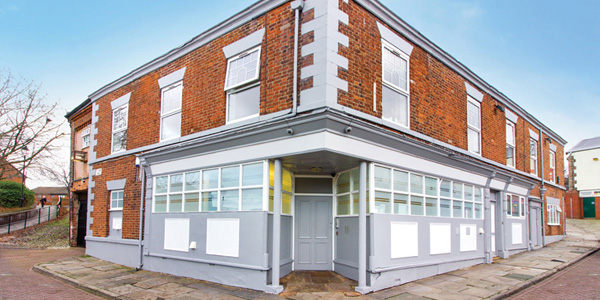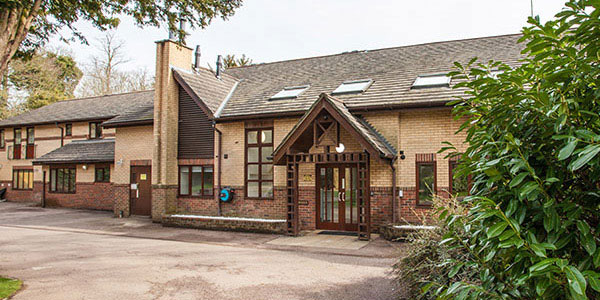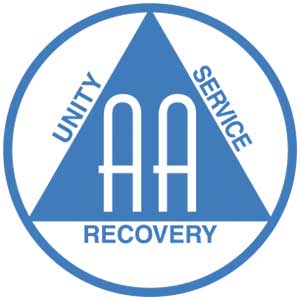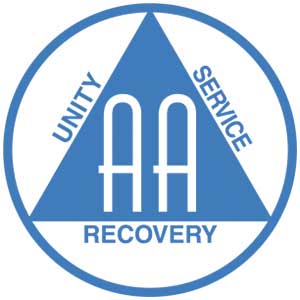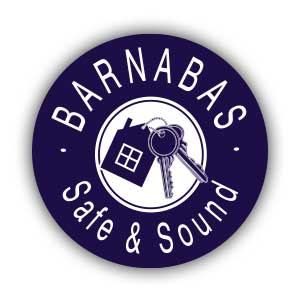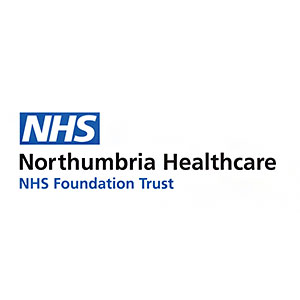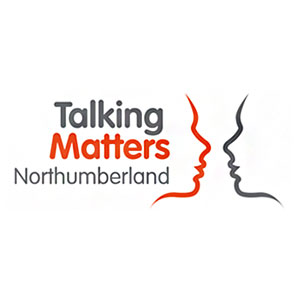Alcohol & Drug Rehab in Morpeth
Sadly, nowhere in Britain is untouched by the modern addiction epidemic – and this is as true for comparatively tranquil market towns like Morpeth as it is for the inner-city areas which most commonly come to mind when thinking about substance abuse. Every year thousands of lives are lost to drink and drugs – legal and illegal – and the cost to those left behind and the society at large is immeasurable.
However, all is not lost: across the country facilities have arisen to treat addicts and set them back on the path to a happy healthy life. If you or a loved one are struggling with addiction, you too can find help at such a place. Read on to discover how rehab could save your life.
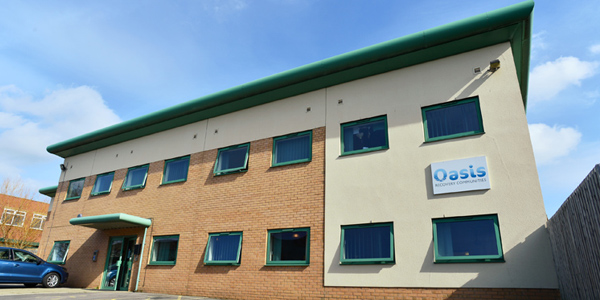
Built in 2009, Oasis Bradford was originally commissioned by the Department…
- Private
- 24/7 Nursing
- 24/7 nursing
- Residential
Featured Rehabs
Oasis Runcorn is quite unique detox and rehab unit in offering two treatmen…
Banbury Lodge is a private UKAT rehab facility based in Banbury, Oxfordshir…
Liberty House Clinic is a fully furbished detox and rehabilitation facility…
-
- 12 Step
- Group Setting
- Free
- Outpatient
-
- Free
- Group Setting
- 12 Step
- Outpatient
-
- Young Persons
- Homelessness
- Free
- Support
-
- Free
- Confidential
- Sexual Health
- Support
-
- Free
- Mental Health
- Counselling
- Outpatient
- Load More
Drug & Alcohol Rehab Services in Northumberland
- A
- B
- C
- D
- E
- F
- G
- H
- I
- J
- K
- L
- M
- N
- O
- P
- Q
- R
- S
- T
- U
- V
- W
- X
- Y
- Z
What Is Rehab?

Rehab – more correctly, “residential rehabilitation” – is a term that describes both the process of staying at a dedicated addiction treatment facility, and the facility itself. While methods vary from one facility to another, rehab typically consists of a detoxification (“detox”) phase, during which a patient’s system is cleansed of substances of abuse; followed by a period of therapy during which the root causes of their addiction are addressed, and they begin the process of resuming a substance-free life.
Rehab provides patients with the assistance of highly trained medical professionals familiar with the nature of addiction, who are on hand 24/7 to make the withdrawal and therapy phases as safe and as comfortable as possible; this allows patients the psychological space to focus entirely on their recovery and well-being, secure in the knowledge that rehab’s confidential nature means that their condition will remain secret.
Rehab is widely considered to be the most effective approach to the treatment of addiction, since it tackles both the immediate challenges of physical dependency and the longer-term ones of psychological addiction.
How Can I Get Someone into Rehab?
It is a well-known truism that an addict will only be able to benefit from treatment when they truly want to recover; until then even the most capable therapist is unlikely to make much headway against the overwhelming force of physical and psychological addiction. However, it is crucial to act as soon as an addict reaches the point of admitting to their need for help: in the treatment of addiction time is of the essence, as the longer a person labours under the burden of addiction the greater the chance that they will fall victim to overdose or to a drug-related accident or act of violence.
With this in mind, the lengthy waiting lists for NHS services (suffering under the strain of high and growing demand right across the country) become less of an irritation and more of a tragedy in waiting. If you or a loved one are suffering from addiction and requiring urgent help, do not risk becoming this tragedy: instead, call 0800 024 1455 today to speak with an addiction specialist about which private options may be available to you.
Advantages of Private Rehab
The programmes offered by rehabs vary from one to another (as do the level and type of facilities available. However, they all have in common the provision of a secluded, secure, attractive environment in which healing can take place far from the temptations of everyday life and from substances of abuse.
Upon arrival a patient is assessed to give medical professionals an idea idea of their condition and the severity of their addiction. Following this assessment the patient undergoes a supervised detox (during which, relevant medication may be administered to ameliorate the worst effects of withdrawal). After detox and withdrawal are complete, patients move into a period of therapy aimed at revealing what led them into addiction originally and at ensuring they are fully psychologically equipped to resist the temptation to get back upon that path to destruction.
Bespoke nutritional and physical fitness plans will be administered, while patients will be able to take advantage of various other facilities (differing from one rehab to the next). Patients will usually be offered free aftercare for up to a year upon leaving rehab, in the knowledge that recovery is not achieved simply by leaving the facility after completing the treatment programme, but is a lifelong process requiring dedication and commitment.
What Does Rehab Cost in Morpeth?
The cost of private rehab in or near Morpeth can vary significantly by treatment programme, and depending on which of a variety of optional extras are selected. As a rough guide, standard costs range from between £5,500 and £11,000 per month, though the cheapest rehab treatment can start from as little as £834 per week. For more details, call 0800 804 4755.
NHS Addiction Treatment Options near Morpeth
If you feel that private rehab is currently not an option for you for reasons of cost, or if you do not feel that you are able to spend the required time away from family and/or work obligations, do not despair: various NHS and charity resources can be found in Morpeth and across Northumberland which can help you combat your addiction. Consult your GP about which of these resources may be available to you and would be most appropriate for your specific situation.
Advantages of NHS Treatment
The most obvious advantage of NHS treatment is financial: as noted above, private rehab comes at a cost (although compared with the costs – financial and otherwise – of sustaining an addiction, this investment may be considered minor) while NHS options are free at the point of use. They are also very accessible geographically – the NHS operates in every corner of the country – and of a high standard of service; however, it should be noted that quality does vary from one NHS trust to another and that, as discussed above, waiting times can be prohibitive.
Addiction Support Groups
A number of organisations exist across the country to provide assistance to recovering addicts, and some of these operate a support group model. Support groups are groups of individuals who are themselves recovering addicts – some only recently free from addiction, while others may have been clean for many years – and who come together at regular meetings to give and take mutual support: sharing their stories of addiction, giving advice on how to resist relapse, showing solidarity and sympathy when group members are struggling, and providing the simple companionship which can mean so much in times of difficulty and loneliness.
Support group attendees can come from all walks of life, brought together by their shared experience of addiction and recovery; typically, attendance at support groups is free and the only qualification for participation is a commitment to leading a life free of substance abuse.
The most famous support group organisation, and the one on which most others are modelled, is Alcoholics Anonymous (AA) which was founded in 1935 and runs on a 12-step programme of personal and spiritual development, with one of the steps being a recognition that a higher power – such as God – can assist with an alcoholic’s recovery. Narcotics Anonymous (NA), founded in 1953 and based directly upon the AA model, is the second-largest support group organisation worldwide and caters to recovering drug addicts specifically.
In a similar vein, but supporting those recovering from addictions to specific substances, are Cocaine Anonymous (CA), Heroin Anonymous (HA), Marijuana Anonymous (MA) and Crystal Meth Anonymous (CMA), all of which operate 12-step programmes. There are also support groups such as Al-Anon and Nar-Anon assisting the families and friends of addicts which typically hold meetings alongside those for the addicts themselves.
Support groups typically meet weekly, though each local chapter is managed independently and meeting times and venues are subject to change. To find information on meetings in or near Morpeth, see the relevant websites: Alcoholics Anonymous; Narcotics Anonymous; Cocaine Anonymous; Heroin Anonymous; Marijuana Anonymous; Crystal Meth Anonymous.
Types of Counselling

A form of help which can be particularly useful for people with very busy schedules, individual counselling may be engaged in following the completion of a treatment programme at rehab, or potentially prior to engaging in such a programme, as a way of managing an addiction on a temporary basis.
Private addiction counsellors are similar to regular psychotherapists (though obviously with a more specific focus) in that they can be seen by private appointment on an ongoing – usually weekly – basis and offer a broad variety of different therapy models. Private counsellors can be found throughout the country and usually charge per appointment.
How to Get to Oasis Recovery from Morpeth
Oasis Recovery is a unique and pioneering detox and rehab centre located in the heart of Bradford in a quiet secure location perfect for those struggling with addiction. Spacious and tranquil, Oasis Recovery’s highly skilled medical and support staff, and its excellent infrastructure, mean it can facilitate all manner of medical detoxes, including complex detoxes and those who require a higher intensity of medical care.
Oasis Recovery boasts 19 en suite bedrooms – furnished to a very high standard – with walk-in showers, disabled facilities, large communal living areas, well-equipped treatment rooms, outside courtyard, and holistic spa jacuzzi. The medical team provide close monitoring of all patients throughout the day and night, while patients can also undergo structure therapeutic treatment alongside any medical detox which may be necessary.
To get to Bradford from Morpeth, head out on the A197, and then merge onto the A1. Keep on the A1(M) following signs for Durham, then at junction 42 join the M62 towards Manchester/Bradford. At junction 26, take the M606 exit and stay on the motorway until junction 3, at which point take the A6177 and then the A641/Manchester Road; then follow signs to the city centre.


